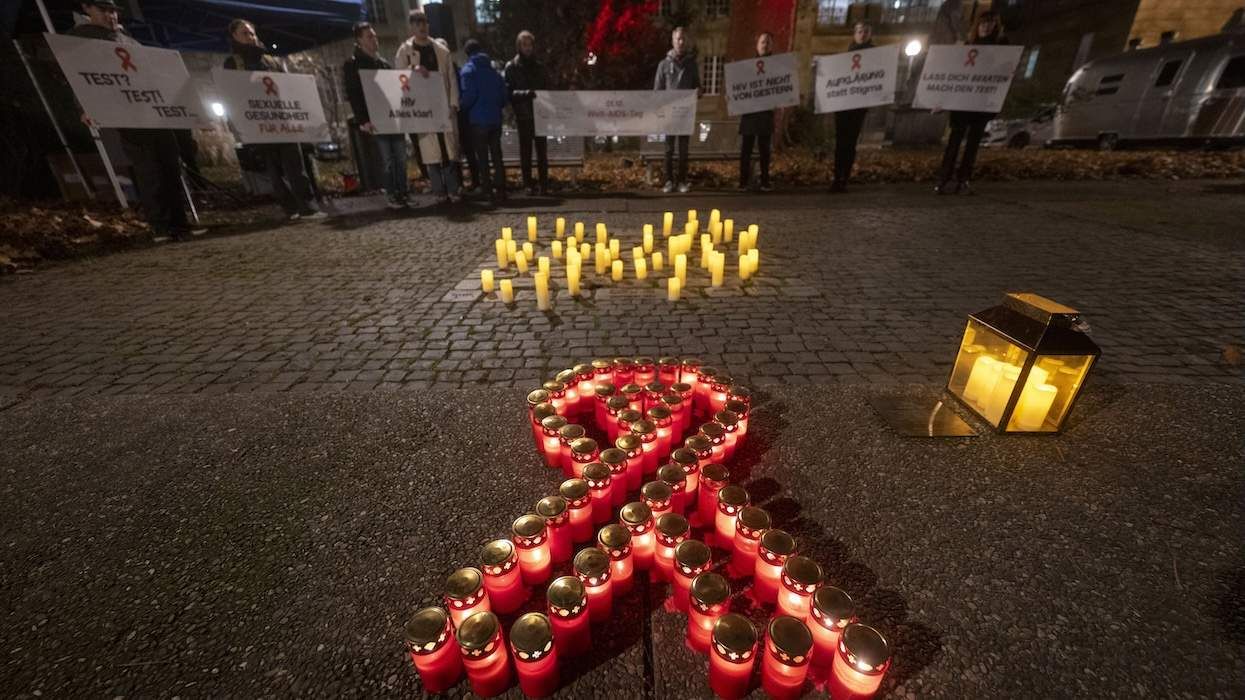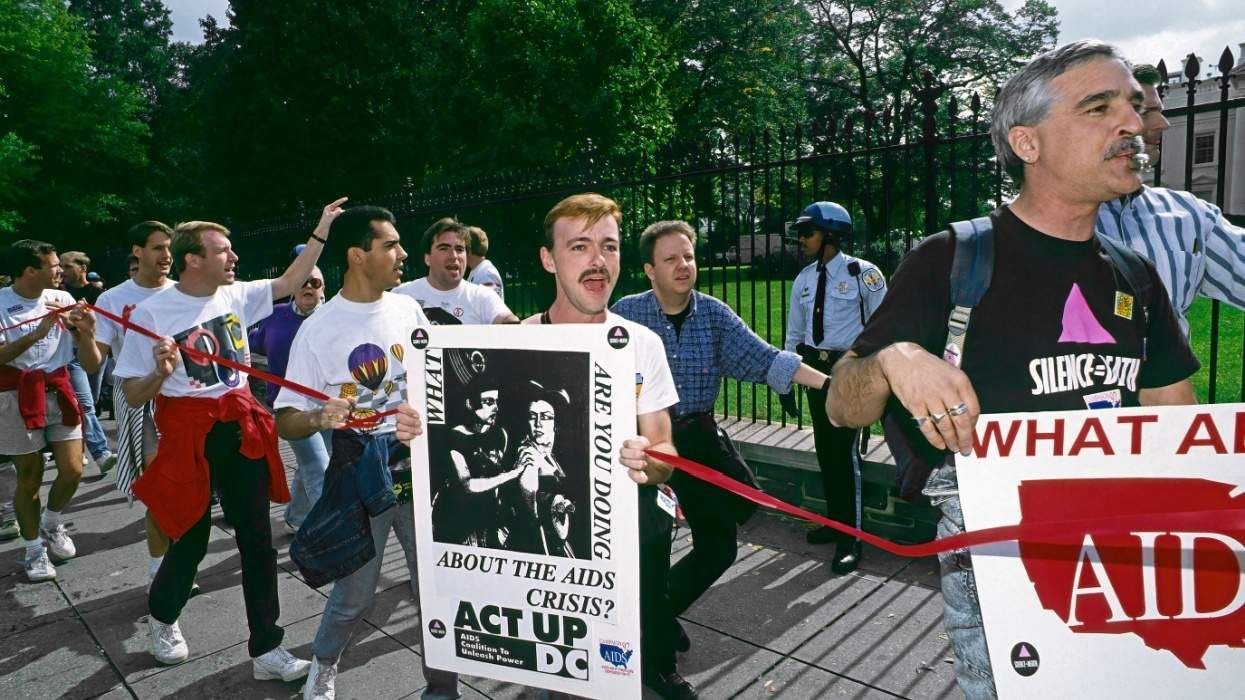As part of an
aggressive new anti-AIDS push, China's Health Ministry is
urging the promotion of free condoms and drug-needle
exchanges--strategies previously considered taboo by the
conservative Communist government. The "proposed guidelines for high-risk behavior
intervention" urge local governments to tailor those
measures to high-risk groups in what would be one of
the boldest nationwide campaigns yet against the
disease. The most striking proposal calls for combining
methadone treatment with needle exchanges to promote
safe behavior among drug users, a group almost
completely ignored in the past. "Under the national
health system's launching of a people's war against drugs,
drug eradication, AIDS prevention, and daily tasks
must be closely joined," said a copy of the guidelines
posted on the Health Ministry's Web site. China launched a new national antidrugs campaign
last month. Its newly aggressive approach on AIDS won
praise Tuesday from Randall Tobias, the U.S. global
AIDS coordinator. "I'm very encouraged by the commitment
that the senior leadership of the government has made,"
Tobias said at a news conference in Beijing. He
warned, however, of massive challenges still to be
overcome in the Chinese countryside, where AIDS has
often spread through unsanitary blood buying schemes. "It
will be a very long journey," Tobias said. Washington is providing China with $35 million
for AIDS work from 2004 to 2008. At the news conference Tobias and Chinese actor
and anti-AIDS spokesman Pu Cunxin rolled up their
sleeves and took a blood test to demonstrate the
safety of AIDS testing for Chinese photographers. China says
it has 840,000 people infected with the HIV, the virus
that causes AIDS, and 80,000 have the full-blown
disease. But health experts say the true figures are
much higher and warn that China could have 10 million people
infected by 2010 unless stronger measures are taken. The Communist government only recently became
open about its AIDS epidemic after years of denying it
was a problem, although independent activists are
still frequently detained and harassed. Most victims are
thought to have become infected through the sharing of
needles during intravenous-drug use. Widespread
prostitution is also a chief cause of infection, one
that experts warn could spread the virus into the wider population. The guidelines say prostitutes should be
encouraged to require customers to use condoms, seek
reproductive health services, and be treated for
venereal disease. People infected with sexually transmitted
diseases are to be given free condoms, they say. They
also call for disease prevention education to be
carried out at places where gay men gather, along with
work sites and other areas where migrant workers reside.
(AP)



































































Charlie Kirk DID say stoning gay people was the 'perfect law' — and these other heinous quotes